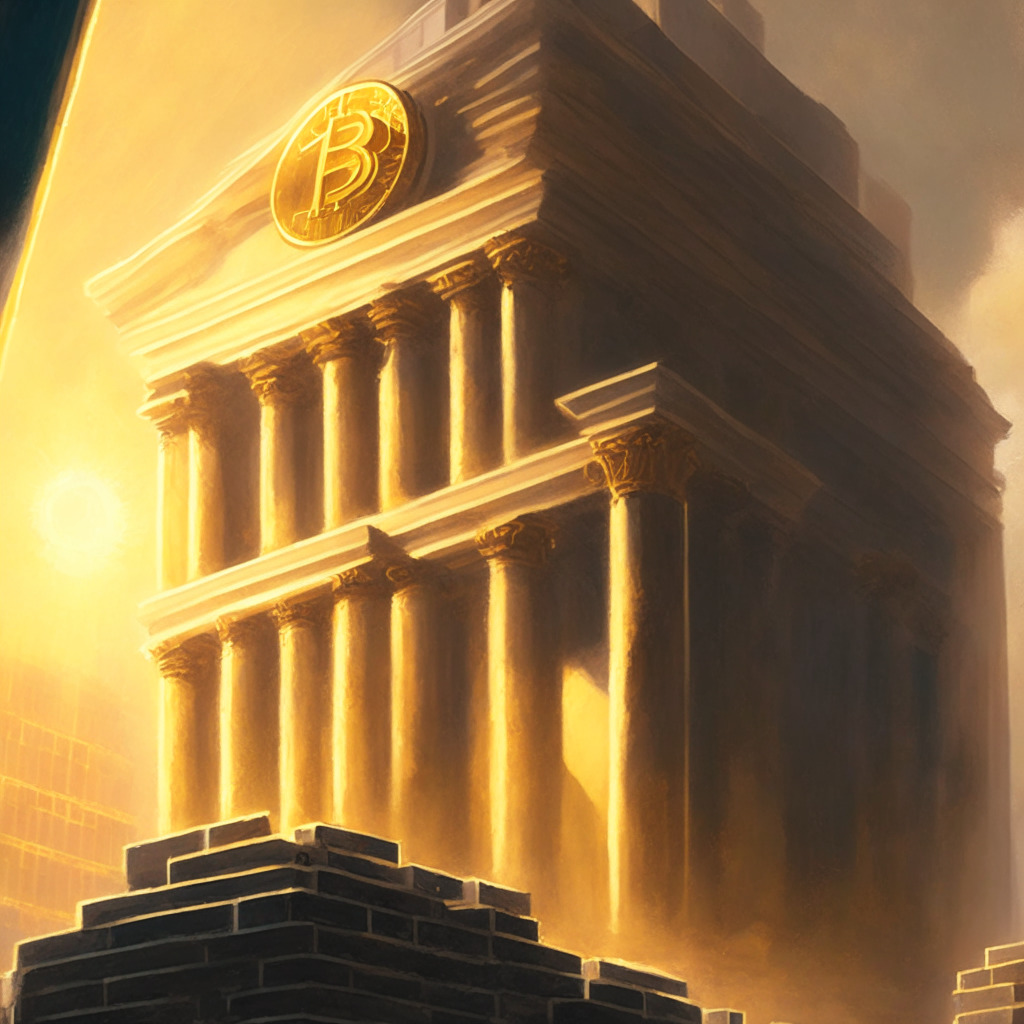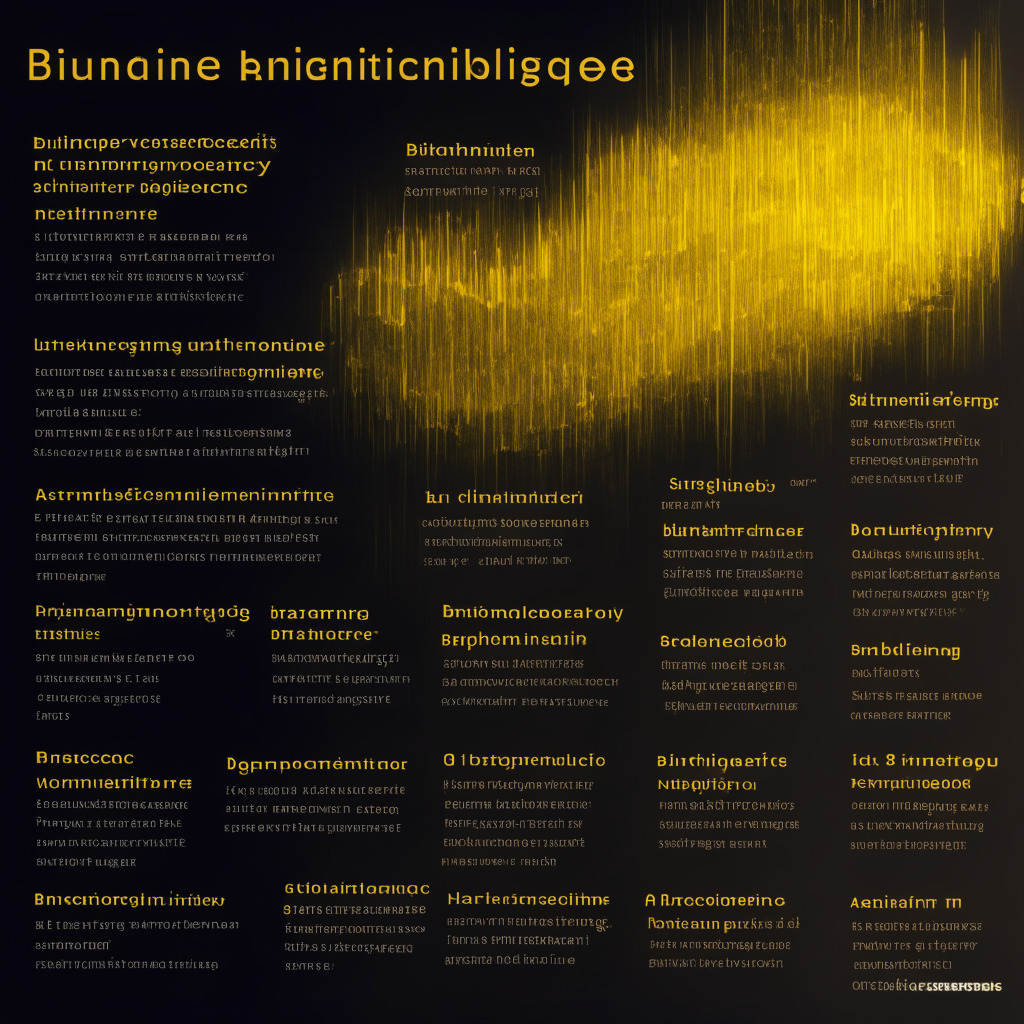Nathaniel Chastain, the ex-head of the product at OpenSea, is now a convicted felon for wire fraud and money laundering. The former executive’s actions, leveraging insider knowledge of showcased NFTs on the marketplace’s homepage, have shocked the crypto community. The US Department of Justice labels this case as the first-ever insider trading scheme involving digital assets.
OpenSea, known as the largest NFT marketplace, was at the peak of its influence when Chastain’s scandal broke out. The platform facilitated millions of dollars in transactions within just 24 hours. As the decision-maker of which NFTs would be featured, Chastain purchased these digital assets before showcasing them and sold shortly after, reaping over $50,000 in illegal profits.
Despite pleading not guilty to the charges, the jury was unconvinced. Chastain’s legal team argued that the data he utilized wasn’t privileged, and NFTs couldn’t be considered securities. However, US Attorney Damian Williams disagreed, stating Chastain’s actions were nothing but typical fraud.
The incident brings up the pros and cons of advancements in blockchain technology and crypto markets. Proponents of this technology rightly argue that it has enabled a new marketplace that fosters creative growth of art and music through digital tokens linked a variety of industries. Over $4.5 million in trades taking place on OpenSea within 24 hours is a testament to this fact.
Nonetheless, skeptics would point out that with new opportunities come new risks. Chastain’s case demonstrates the vulnerability of the crypto marketplace to fraud, money laundering, and other illegal activities. With a sentencing of up to 20 years in prison for each charge, the occurrence only adds fuel to the fire for those who doubt the integrity of the burgeoning crypto industry.
Additionally, Chastain’s case isn’t the only one involving insider trading in the crypto world. In another instance, former Coinbase employee Ishan Wahi and his brother Nikhil were accused of insider trading of cryptocurrencies. Nikhil, however, pleaded guilty in September.
The future of blockchain technology, NFT markets, and crypto-assets holds immense potential, but such cases disrupt the trust and veracity of these industries. As the number of enthusiasts and investors grow, it becomes necessary to instill further safety measures, regulations, and greater scrutiny to prevent similar incidents from repeating. The ongoing conflict between the advantages of technological innovation and the inherent risks will continue to shape the discourse around the blockchain industry’s prospects.
Source: crypto.news




